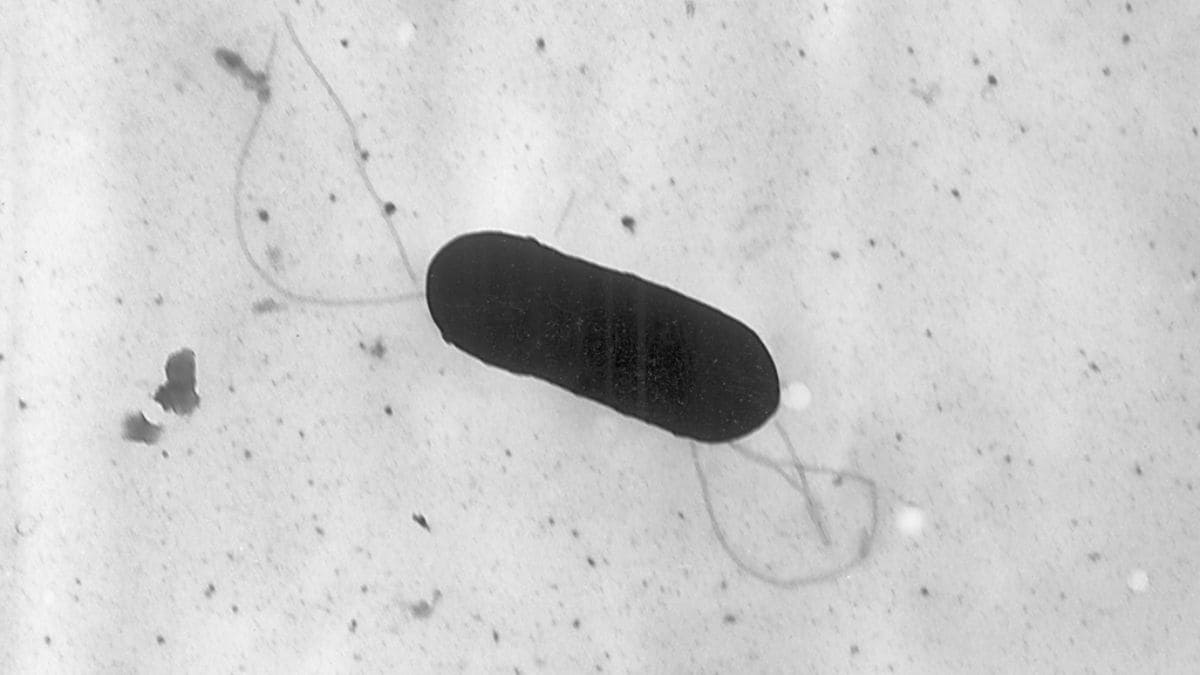US is facing one of the worst listeria outbreaks since 2011. Nine people have died so far already while about 50 others have been hospitalised since May when the initial cases began registering. Now, popular food brand Boar’s Head has recalled more than seven million pounds of its deli meats as 18 states face symptoms from listeria monocytogenes infections.
The Centre for Disease Control and Prevention (CDC) had earlier asked Boar’s Head to recall liverwurst products but later extended it to all the products leading to recalling seven million pounds of meat over 71 different products. These include ready-to-eat meat, as well as meat sliced at deli counters, and poultry. According to the CDC, listeria poisoning is caused by a particularly resilient type of bacteria that can survive and grow even during refrigeration.

Here is all you need to know about the deadly outbreak. How is listeria found in deli meat? Listeria can be found in moist places like soil, decaying vegetation and even water which is carried by animals. When these animals are taken to food processing plant the bacteria spreads in the place and can be hard to eradicate.
These often spread food is harvested, processed, transported or stored. Many of the people in the outbreak reported eating meats sliced at grocery store deli counters. During the investigation, listeria was detected in an unopened loaf of Boar’s Head liverwurst at a Maryland store; the Agriculture Department said further testing showed the same strain was causing illnesses in people.
Why is Boars Head recalling deli meats? Boars Heads found the bacteria in their liverwurst and recalled all the products from this particular line in late July this year, stated the US Department of Agriculture ’s Food Safety and Inspection Service. Which Boars Head meat is recalled? The recalled Boar’s Head deli meat products were sold at retail delis nationwide, as well as in the Cayman Islands, Dominican Republic, Mexico and Panama. Recalled products have a sell-by date from July 29, 2024, to October 17, 2024.
They will also have “EST. 12612” or “P-12612” on the USDA mark of inspection on the label, available on the USDA website. Some of the items include virginia ham whole, fibre cappy ham half, hot butt cappy ham, gourmet pepper ham half, sweet slice ham whole among other products.
How does listeria make people sick? People are sickened with listeria poisoning when they eat foods contaminated with the bacteria. Symptoms can be mild and include fever, muscle aches, nausea, vomiting and diarrhoea. More serious illness can include headache, stiff neck, confusion, loss of balance and convulsions.
Listeria poisoning is tricky, because symptoms can start quickly, within a few hours or days after eating contaminated food. But they also can take weeks or up to three months to show up. Those most vulnerable to getting sick include the very young, people older than 65 and those with weakened immune systems or who are pregnant.
Does cooking kill listeria? Listeria can survive and grow in food even when it’s refrigerated, but the bacteria can be killed by heating foods to “steaming hot,” or 165 degrees Fahrenheit (74 degrees Celsius), the CDC says. People who are most at risk for illness should avoid the products or heat them before eating. Most deli meats, however, are eaten cold.
Because listeria can survive under refrigeration, it’s important to clean and sanitise any surfaces, including refrigerator drawers and shelves, that may have come in contact with the products, the CDC says. What should one do if they have the recalled deli meats? Many of the products recalled by Boar’s Head are meats meant to be sliced at grocery store deli counters, though some prepackaged meats are included in the recall. They include liverwurst, ham, beef salami, bologna and other products made at the company’s Jarratt, Virginia, plant.
The recalled meats carry the plant’s number — EST.12612 or P-12612 — inside the USDA mark on the label. The meat was distributed to stores nationwide, as well as to the Cayman Islands, the Dominican Republic, Mexico and Panama.
Consumers should not eat the recalled meats and should discard them or return them to the store for a refund. _With inputs from AP _.



















